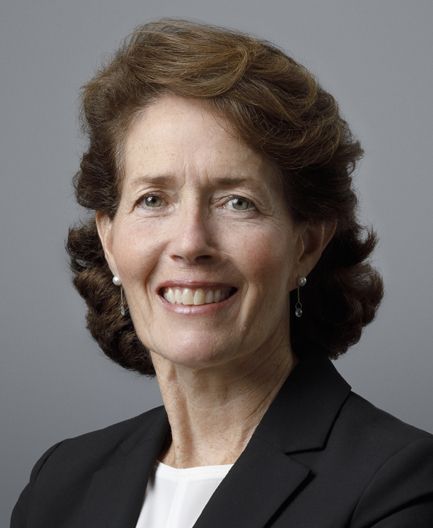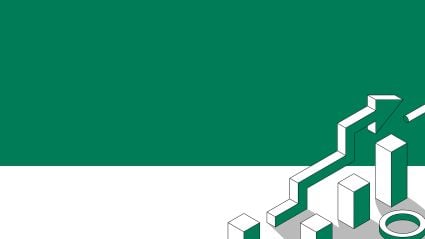United Arab Emirates ranks first among GCC nations in 2020 Global Opportunity Index
LOS ANGELES, January 16, 2020 – As Gulf Cooperation Council (GCC) nations ramp up efforts to attract investment and diversify their economies, member states lag in critical areas that handicap their progress, according to the 2020 Milken Institute Global Opportunity Index.
The Global Opportunity Index (GOI), published annually by the Milken Institute, considers economic and financial factors that influence foreign investment activities, as well as business, legal, and regulatory policies that governments use to drive investment.
It is a pivotal year for the GCC as Saudi Arabia assumes the presidency of the G20 and Dubai hosts Expo 2020, highlighting the region’s growing economic development.
Claude Lopez, Ph.D., and Joseph Bendix, authors of the report, examined regional trends and data that compare GCC nations to upper-middle-income countries. They found that GCC countries compare favorably in several areas, including the cost of opening a business, the burden of labor regulation and taxes, the age and health of the working population, among others.
However, serious deficiencies exist in policies that ensure the protection of the investor—including the recovery and resolution process—and transparency regarding the quality and quantity of information available.
The authors studied the data in the context of public efforts by GCC countries to produce economic plans addressing barriers to future development, such as Saudi Vision 2030 or Bahrain’s Economic Vision 2030.
“The over-arching goal of these national plans is to diversify the economy away from oil by modernizing the legislative framework and enhancing the business environment of the region,” the authors write, noting, “The credibility of these economic roadmaps, especially in the eyes of international investors, lies in their implementation.”
Rank of GCC countries in the 2020 Global Opportunity Index:
- United Arab Emirates (26 overall)
- Qatar (38)
- Bahrain (42)
- Oman (53)
- Kuwait (58)
- Saudi Arabia (66)
The GOI assesses 146 countries in five categories, including 1) Business Perception; 2) Financial Services; 3) Institutional Framework; 4) Economic Fundamentals; and 5) International Standards and Policy.
In their analysis, the authors note the significant progress made to date and the growing prominence of GCC countries among investors. For example, they point to the inclusion of Kuwait, Qatar, Saudi Arabia, and the UAE in leading emerging market indices.
“This trend will help spotlight the region to global investors and funds,” they write. “However, the inclusion in these global indices means extra scrutiny from investors and new challenges … especially information disclosure. The delays in Aramco’s IPO illustrate the importance of these components when dealing with international investors.”
Lopez is available for interviews on these and other topics related to international economics. She may be contacted directly at [email protected]
These issues will also be covered at the upcoming Milken Institute Middle East and Africa Summit, set for February 11-12, 2020, in Abu Dhabi.
The complete Global Opportunity Index, along with the report, Global Opportunity Index 2020: Focus on the GCC Countries, is available at globalopportunityindex.org
###
About the Milken Institute
The Milken Institute is a nonprofit, nonpartisan think tank that helps people build meaningful lives in which they can experience health and well-being, pursue effective education and gainful employment, and access the resources required to create ever-expanding opportunities for themselves and their broader communities. For more information, visit www.milkeninstitute.org.













